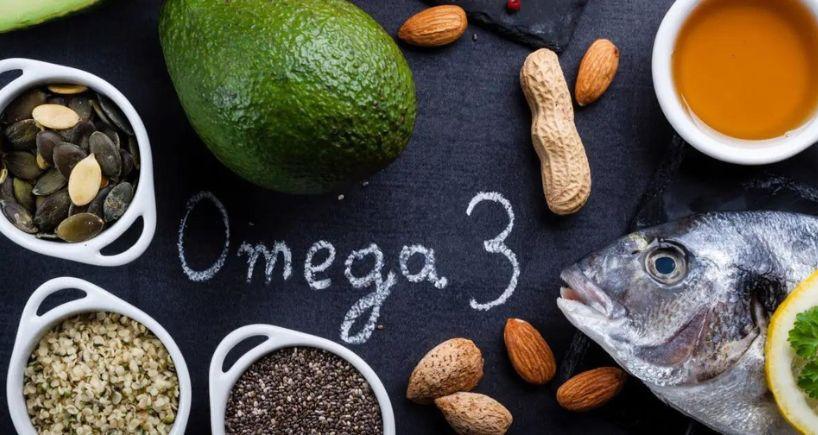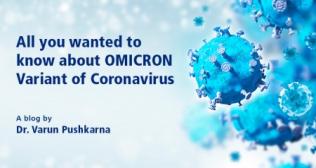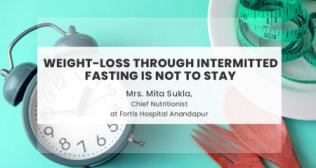
Omega-3s: Their Importance in Keeping Your Heart Healthy
Introduction
Omega-3 fatty acids are a type of polyunsaturated fat that is essential for maintaining human health. They are widely consumed as dietary supplements due to their critical role in various bodily functions. A deficiency in omega-3s can lead to rough, dermatitis-like skin, as well as a red, swollen, itchy rash. Omega-3s are naturally present in some foods and are often incorporated into fortified products. Many clinical studies have demonstrated their health benefits, particularly in reducing the risk of chronic conditions, most notably heart disease.
Types of Omega-3 Fatty Acids
- Alpha-linolenic acid (ALA): Found in oils, vegetables, nuts, and seeds.
- Eicosapentaenoic acid (EPA): Present in fish, fish oil, and seafood (such as crab and shrimp).
- Docosahexaenoic acid (DHA): Present in white fish.
Importance of Omega-3
ALA is an 18-carbon short-chain omega-3 fatty acid that is converted into the two long-chain forms, EPA and DHA, in the human body. However, this conversion occurs in small amounts, so EPA and DHA are mainly obtained through dietary consumption. These long-chain omega-3s are actively taken up by fat, muscle, and heart cells, where they are incorporated into cell membranes. EPA and DHA also serve as substrates to produce hormone-like compounds known as eicosanoids, which reduce inflammation, improve blood flow, and have antiarrhythmic effects.
Moreover, the potential benefits of omega-3s extend beyond cellular incorporation. Research suggests that adequate intake of omega-3s can improve cognitive function and protect against age-related cognitive decline. In addition to brain health, these long-chain omega-3 fatty acids play a vital role in supporting cardiovascular health. Their mechanisms of action include:
- Lowering inflammation, which is a critical factor in many cardiovascular diseases.
- Reducing triglyceride levels, increasing good cholesterol levels, and decreasing blood pressure, all of which contribute to improved overall heart health.
- Stabilizing heart rhythms and preventing the formation of harmful blood clots.
- Enhancing endothelial function, the lining of blood vessels, which helps maintain proper circulation. This can also lead to better nutrient delivery throughout the body and improved exercise performance.
Given these benefits, incorporating sources rich in omega-3s into our diets is not just advisable but essential for long-term health. Whether through fatty fish like salmon and mackerel or plant-based options such as flaxseeds and walnuts, ensuring adequate intake of omega-3 fatty acids can promote cardiovascular resilience as we age.
How Much Omega-3 Supplement is Enough?
Omega-3 fats are commonly consumed through foods such as fish, walnuts, and flaxseeds. Current evidence recommends the following daily intake of omega-3 fatty acids:
- EPA and DHA (from fish or supplements): 0.5 to 1.8 grams per day.
- ALA (from plant-based foods or supplements): 1.5 to 3 grams per day.
To meet these recommendations, the American Heart Association advises consuming at least two servings of fatty fish per week. Additionally, sources such as soybean oil, canola oil, flaxseed, and walnuts are also recommended.
Considerations for Omega-3 Supplements
Diet remains the most preferable source of omega-3s in their purest form, with foods being the first choice. However, when people cannot consume these foods due to dietary restrictions or other reasons, omega-3 supplements are a viable alternative. As with any supplement, it is recommended to consult a healthcare provider before starting omega-3 capsules, as some potential long-term side effects are not yet fully understood.
Early clinical trials reported that EPA supplements reduced major coronary events by 19% in people with hypercholesterolemia, especially those with a history of coronary artery disease. Another study found that while omega-3 supplements lowered triglyceride levels, they did not significantly reduce the risk of heart attack, stroke, or cardiovascular death. Further studies revealed no significant reduction in overall cardiovascular events with omega-3 supplementation, but they did show specific benefits, such as a 28% reduction in heart attack rates and a 19% reduction in cardiovascular death.
Conclusion
Omega-3s offer significant benefits for heart health by reducing inflammation and improving blood lipid levels. Dietary sources such as fish, nuts, salmon, tuna, flaxseeds, chia seeds, and soybean oil are ideal for maintaining heart health. Consulting a healthcare provider before starting supplementation is important for optimizing benefits.
Popular Searches :
Hospitals: Cancer Hospital in Delhi | Best Heart Hospital in Delhi | Hospital in Amritsar | Hospital in Ludhiana | Hospitals in Mohali | Hospital in Faridabad | Hospitals in Gurgaon | Best Hospital in Jaipur | Hospitals in Greater Noida | Hospitals in Noida | Best Kidney Hospital in Kolkata | Best Hospital in Kolkata | Hospitals in Rajajinagar Bangalore | Hospitals in Richmond Road Bangalore | Hospitals in Nagarbhavi Bangalore | Hospital in Kalyan West | Hospitals in Mulund | Best Hospital in India | | Cardiology Hospital in India | Best Cancer Hospital in India | Best Cardiology Hospital in India | Best Oncology Hospital In India | Best Cancer Hospital in Delhi | Best Liver Transplant Hospital in India
Doctors: Dr. Rana Patir | Dr. Rajesh Benny | Dr. Rahul Bhargava | Dr. Jayant Arora | Dr. Anoop Misra | Dr. Manu Tiwari | Dr. Praveer Agarwal | Dr. Arup Ratan Dutta | Dr. Meenakshi Ahuja | Dr. Anoop Jhurani | Dr. Shivaji Basu | Dr. Subhash Jangid | Dr. Atul Mathur | Dr. Gurinder Bedi | Dr. Monika Wadhawan | Dr. Debasis Datta | Dr. Shrinivas Narayan | Dr. Praveen Gupta | Dr. Nitin Jha | Dr. Raghu Nagaraj | Dr. Ashok Seth | Dr. Sandeep Vaishya | Dr. Atul Mishra | Dr. Z S Meharwal | Dr. Ajay Bhalla | Dr. Atul Kumar Mittal | Dr. Arvind Kumar Khurana | Dr. Narayan Hulse | Dr. Samir Parikh | Dr. Amit Javed | Dr. Narayan Banerjee | Dr. Bimlesh Dhar Pandey | Dr. Arghya Chattopadhyay | Dr. G.R. Vijay Kumar | Dr Ashok Gupta | Dr. Gourdas Choudhuri | Dr. Sushrut Singh | Dr. N.C. Krishnamani | Dr. Atampreet Singh | Dr. Vivek Jawali | Dr. Sanjeev Gulati | Dr. Amite Pankaj Aggarwal | Dr. Ajay Kaul | Dr. Sunita Varma | Dr. Manoj Kumar Goel | Dr. R Muralidharan | Dr. Sushmita Roychowdhury | Dr. T.S. MAHANT | Dr. UDIPTA RAY | Dr. Aparna Jaswal | Dr. Ravul Jindal | Dr. Savyasachi Saxena | Dr. Ajay Kumar Kriplani | Dr. Nitesh Rohatgi | Dr. Anupam Jindal |
Specialties: Heart Lung Transplant | Orthopedic | Cardiology Interventional | Obstetrics & Gynaecology | Onco Radiation | Neurosurgery | Interventional Cardiology | Gastroenterologist in Jaipur | Neuro Physician | Gynecologist in Kolkata | Best Neurologist in India | Liver Transfer



















